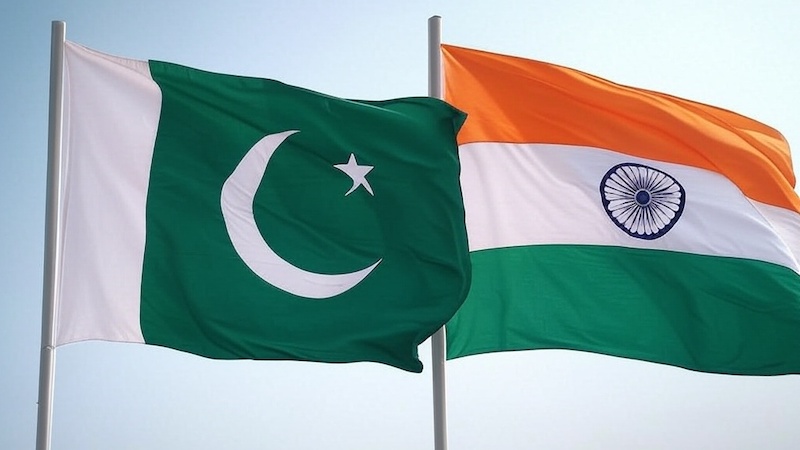In the smoldering sands of the Middle East, an all-out conflict between Israel and Iran now seems more likely than ever. Precision strikes, cyber sabotage, and retaliatory missile attacks have set the region on edge. But while global headlines fixate on Tel Aviv and Tehran, a less obvious yet potentially catastrophic fallout is brewing thousands of miles away—in South Asia.
India and Pakistan, historic rivals locked in a fragile peace, may become unintended casualties of the widening Middle Eastern inferno. As the Israel-Iran confrontation escalates, the ripple effects threaten to dismantle the already brittle stability in the subcontinent.
Oil, Alliances, and Unspoken Alignments
At the heart of the risk is energy dependency. Both India and Pakistan rely heavily on Gulf oil—Pakistan historically leans on Iran and Saudi Arabia, while India has strategically diversified, forging close ties with both Israel and the United States. Should Iran retaliate by closing the Strait of Hormuz or targeting American and Israeli assets across the region, South Asian economies could come under severe strain. Fuel shortages, inflation, and supply chain shocks would inject economic insecurity into already volatile political landscapes.
In India, Prime Minister Narendra Modi’s government, with its growing strategic alignment with Israel, may feel compelled to offer rhetorical or logistical support to Tel Aviv. Any such move would be seen by Iran—and potentially by Pakistan—as a provocation. Pakistan, for its part, may interpret Indian support for Israel as a continuation of a broader anti-Muslim posture, especially amid ongoing grievances over Kashmir, CAA-NRC laws, and Hindu nationalist rhetoric.
The Return of Proxy Posturing
An Israel-Iran war risks reactivating the very proxies that have historically inflamed tensions in South Asia. Iran’s links with Shia militant networks in the region, including in Pakistan and Afghanistan, could create a new arc of instability. Any Iranian retaliation strategy that includes support for non-state actors may embolden groups that have long served as irritants in India-Pakistan relations.
For example, if militant activity spikes in Kashmir amid broader regional unrest, India might accuse Pakistan—or even Iran—of facilitating cross-border terrorism. A familiar cycle of accusation, retaliation, and escalation could return with devastating consequences.
Nuclear Tensions in a Fractured Region
Both India and Pakistan are nuclear-armed states. The calculus of conflict is always shadowed by the potential for miscalculation. During heightened regional stress, even a small skirmish along the Line of Control could spiral, especially if domestic political pressures push leaders toward aggressive posturing.
If the conflict narrative in the Middle East is framed in sectarian terms—Sunni versus Shia, or Israel versus Islam—it risks bleeding into the communal fault lines of South Asia. Both countries have large Muslim populations with deep religious and political sympathies. Protests in Indian cities could take on an anti-Israel or anti-government character, while in Pakistan, the public could pressure Islamabad to “stand with the ummah,” deepening the ideological polarization between the neighbors.
The Urgency of Strategic Maturity
India and Pakistan have long suffered from a reactive bilateral framework. Every incident becomes a referendum on national pride. But in this moment of global volatility, restraint is no longer just prudent—it is existential.
Both governments must resist the temptation to import the narratives of foreign wars. Diplomatic backchannels should be activated, military hotlines kept warm, and regional organizations like SAARC—long dormant—reinvigorated to ensure that escalation in West Asia does not become combustion in South Asia.
The world cannot afford two simultaneous wars in nuclear regions. Nor can India and Pakistan afford to gamble their futures on proxy loyalties, energy crises, or ideological entanglements.
In the shadow of the Israel-Iran conflict, South Asia faces a critical choice: to become a casualty of others’ wars or a model of regional restraint. The world will be watching.
